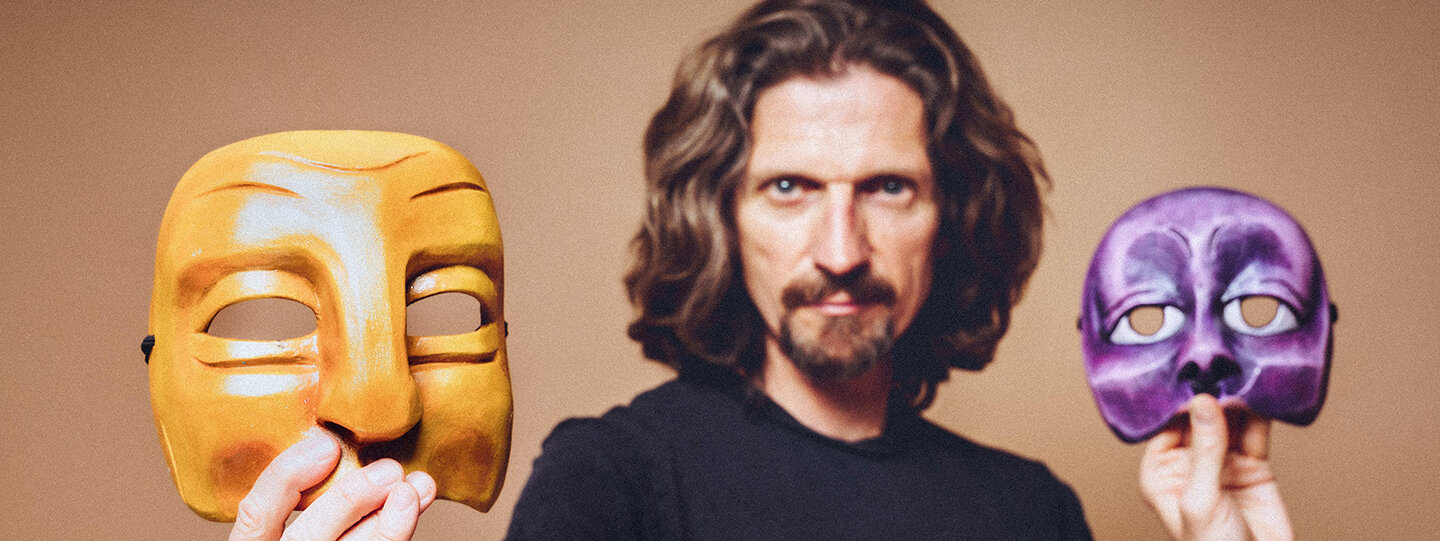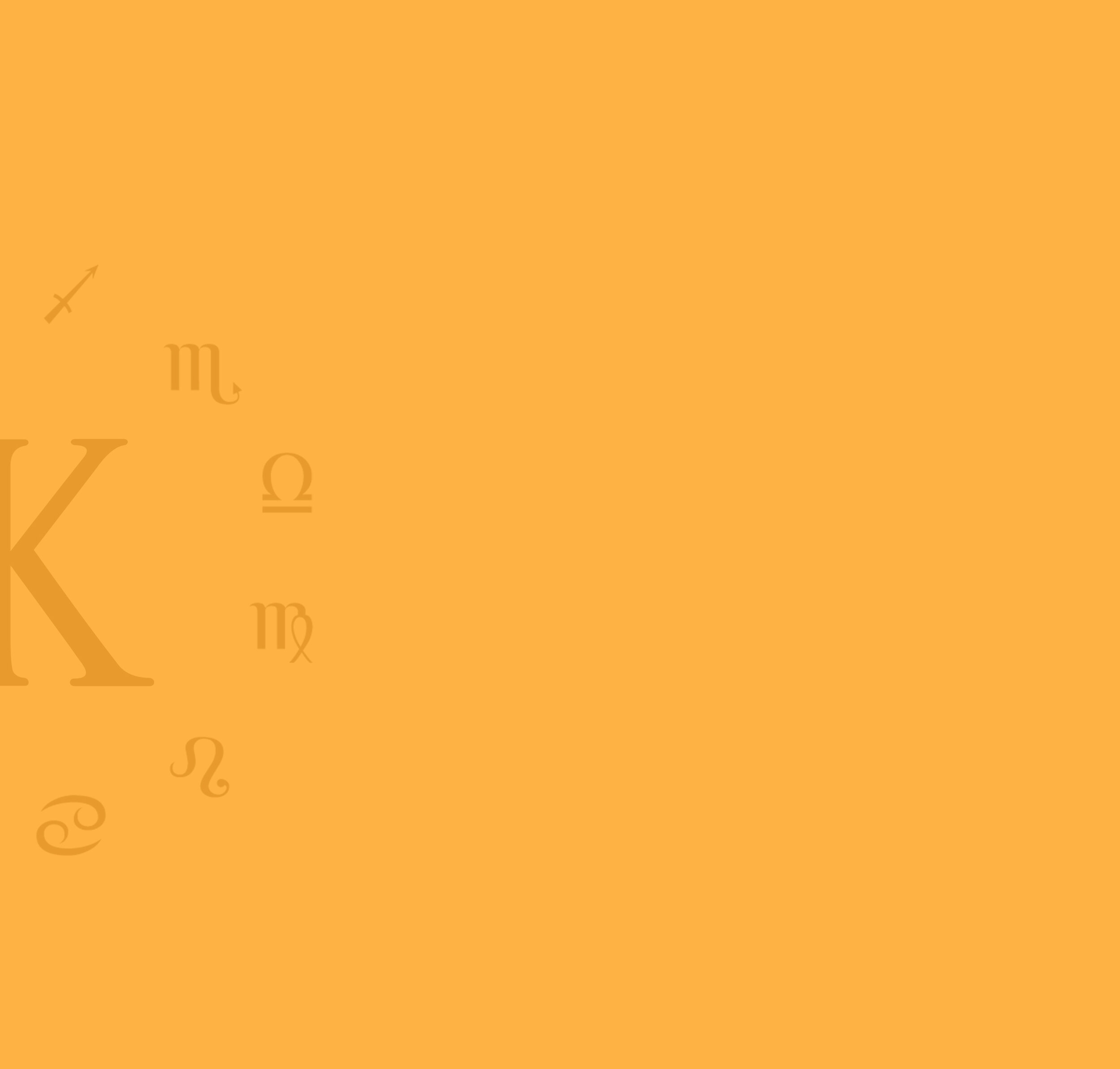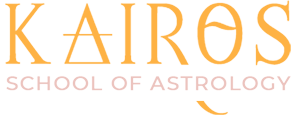

The Art of Astrological Work
How do we help clients through astrology?
When a person feels compelled to consult an astrologer, they rarely do it lightly. They give up their time and what is often a significant financial outlay. Usually they are at a crossroads in their lives, or facing a crisis in their personal or family life, or else a major life dilemma, and often it is because of the circumstances of their life have reached a point where they cannot clearly see the way ahead.
As a practising astrologer, as for a counsellor or therapist, I always have to remember that I cannot change the person’s circumstances. However much I might want to think I can wave a magic wand and make the situation different for them, that is not my role, and that is most likely not why they have come to see me. My role is to hold the tension between their current state of being and the challenge of the their situation in such a way that might reveal a new or different perspective upon it. This is where astrology comes into its own, not by enabling us to predict what is going to happen in the future, but to shine a different light upon the past and to offer a person another way of looking at what is occurring in the present. The way the future looks hinges on that transformation of perspective of the present.
I forget how many times I have said to a client: “there is another way of looking at this”. And, occasionally: “the way this looks to you right now, is the way you are looking.” When we are indecisive, anxious or afraid our perspective inevitably narrows. We tend to turn away from the creative power of imagination and interpret things as if they are literally true. But it is rarely that simple. It’s more that we compound our understanding of a situation through strong beliefs, and we reinforce the reality of it by continually repeating the same story about it. We become reductive in our thinking, and forget the myriad ways there are of interpreting and visualising a situation. We bind ourselves to a single version of what is occurring, when actually there are always multiple ways of weaving a story around any given set of circumstances. It’s always good to remember that we are not ultimately bound by what happens to us, but rather by the story that we tell about it. That’s the psychological space in which we live, inside the stories that we tell about our lives. And when we talk about transformation we are always talking about a transformation of perspective, the capacity to see a situation in a different way and respond to it from a different place within ourselves. James Hillman, the founder of archetypal psychology, describes this as a process of ‘soul-making’, and he says of the soul that “it is not a substance, but a set of perspectives…a mode that recognises all realities as primarily symbolic or metaphorical.”
For me, this touches into the real beauty of astrology, with each planet offering up a different experience of (and therefore a different view of) reality. The birth chart presents with us a diverse and pluralistic montage of perspectives. And while, there is of course considerable psychological merit in seeking an integration of those perspectives into a cohesive wholeness, there is also great value to be had in allowing each of those archetypal powers: Mars, Venus, Mercury, Saturn etc, to have their own voice and to express their own demands. It can be liberating to recognise that there are these diverse and contradictory voices within us; that we are never ‘just one thing’. We are, for the most part, a mass of contradictions. We probably don’t just have one clear and unambiguous vision for our lives, one well-articulated opinion, one clear direction in life, one clear understanding of the nature of reality. And the pressure to try and conform to that more or less impossible expectation places incredible stress on the psyche. Indeed, it can be the root cause of many nervous disorders and forms of psychological dissociation.
What I teach my students when they are learning astrology is to, first of all, allow a symbol in the chart to expand its possible meanings and expression, rather than reduce it to an abstract ‘translation’. Let’s take the example of a Venus-Saturn opposition, and let’s say that Venus is in Aries, and Saturn is in Libra. Already we already some complex elements at play: Venus in Aries might conjure of an image of someone is quite self-centred in love, and who falls in love on impulse. But with Saturn in Libra in opposition, we might image that they feel blocked, limited or conditioned in the way they express that impulse. The interpretations that you might typically read in an astrology ‘cook-book’ for such an aspect might include loneliness, limitations in relationship, love as duty, a delayed marriage, a melancholic partner. Now, you might well recognise some of those themes if you have carry that signature in your chart, but it is so important not to take these abstractions as definitive. You are not bound by them, however much (in this case) Saturn might try to persuade you that you are!
At the Kairos School, we teach students to enter into a potential dialogue between two planets and find out what each has to say. So, for example, Saturn may need to establish certain ground rules for a relationship, to know where he stands, and to impose some kind of structure on the process of relating. Venus on the other hand, may long for love free of Saturn’s concerns, but she senses the imposing presence of Saturn, and this may tend to diminish her sense of worth. If that is happening, then the dialogue can help to transform that situation. It can be re-negotiated and re-imagined. And in the case of an opposition aspect between two planets, the practice is to hold the tension between two opposing forces, precisely not to reduce their interaction down to a fixed interpretation, and not project the truth of one, while demonising the other.

“John's expertise really shone through in his quiet confidence. I thought he was highly skilled as a teacher, addressing comments and questions in a relaxed yet informative way. I loved the mythology aspect of the course, the astrodrama elements, and the way we were invited to really see astrology as a live and dynamic part of our lives, rather than a formulaic technique. I so enjoyed the the poetic and philosophical nature of the course, and I really appreciated the psychological component to understanding the archetypes of the planets. ”
Mel Skinner

Subscribe to our newsletter.
Sign up with your email address to receive news and updates.

